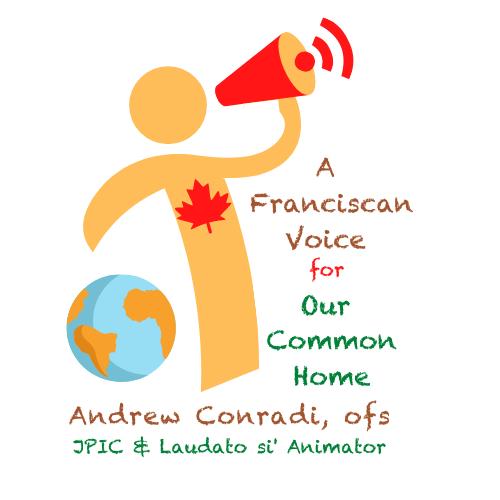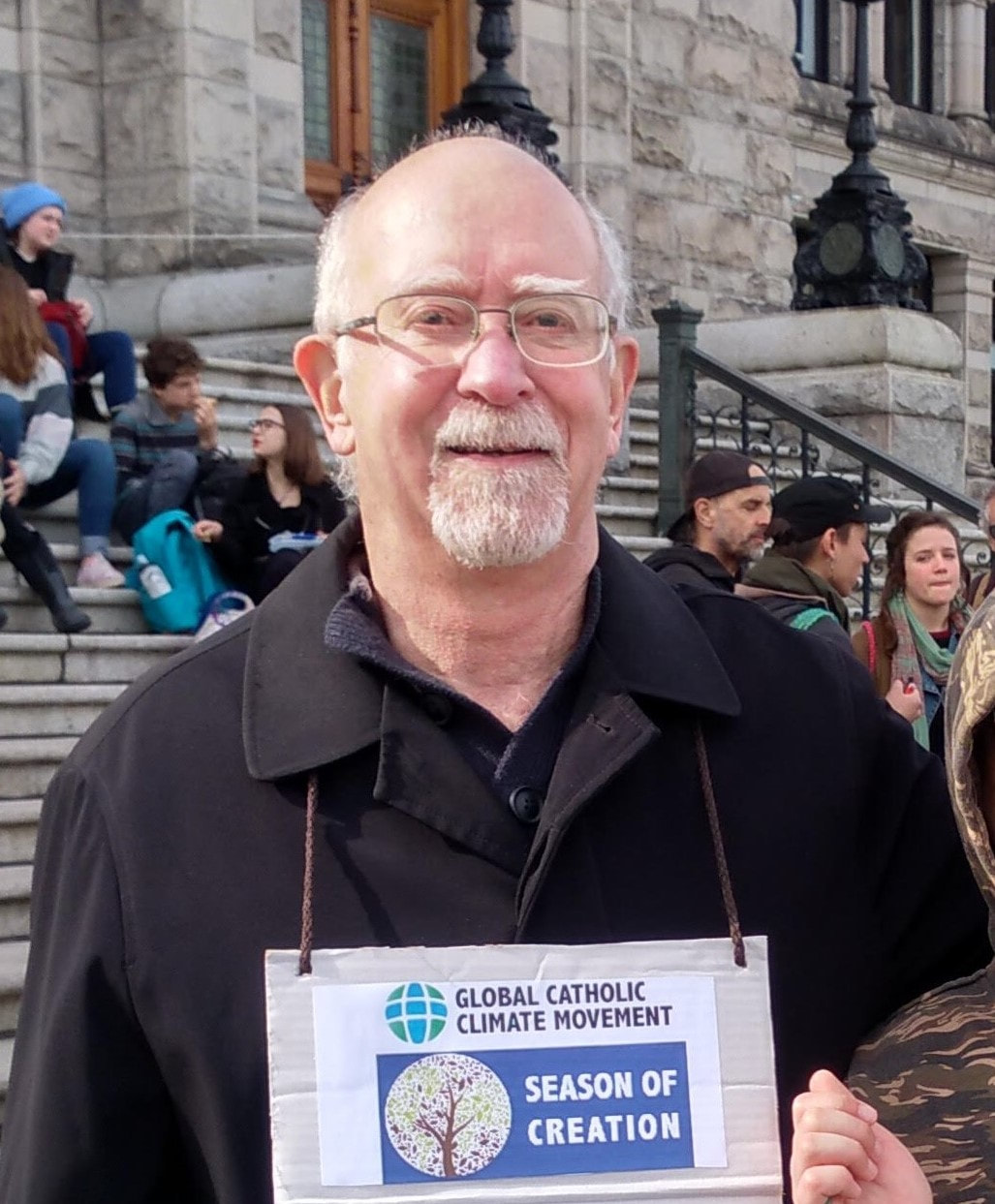declared June to be National Indigenous History Month.
It is a time for all Canadians to learn & reflect the history of
First Nations, Inuit and Metis people.
Shock & horror but no surprise: A National Crime
He toured residential schools and exposed them as disease incubators and superspreaders. He revealed the horror of these schools and demonstrated that they killed children. The Canadian government ignored his reports. Duncan Campbell Scott became Deputy Superintendent General of Indian Affairs in 1913 and cut Dr Bryce’s funding for research and interfered with his presentations at academic conferences. Refusing to be silenced, Bryce finally resigned and had published a pamphlet entitled The Story of a National Crime which detailed his struggles as a medical officer hamstrung by Duncan Campbell Scott. Thus we cannot say Canadians did not know; most condoned, ignored or were just indifferent. For more on this see Dr. Peter Bryce (1853–1932): whistleblower on residential schools, an article in the Canadian Medical Association Journal (2 March 2020) by Travis Hay, Cindy Blackstock and Michael Kirlew. Blackstock, a McGill professor, is a relentless campaigner for indigenous children and is a Gitxsan ('People of the River Mist').
In our reflection we have to ask ourselves why the approximately three dozen Catholic orders and 17 dioceses involved in residential schools in Canada remained indifferent. Why did they not refuse to be parties to this cruel forced assimilation, physical and cultural genocide but instead cooperated with evil [A National Crime indeed] in a serious case of “clericalism and racism?”
Apologies
Those who allege that the “Canadian Catholic Church” has never apologized simply do not understand how the Catholic Church is structured. Many apologies have been made. The Catholic community in Canada has a decentralized structure. The Catholic Church as a whole in Canada was not associated with the Residential Schools, nor was the Canadian Conference of Catholic Bishops or its forerunners. Each Diocesan Bishop is autonomous in his diocese and, although a member of the Canadian Conference of Catholic Bishops, is not accountable to it. A religious order is responsible to its own Minister General or Superior who is responsible to the Vatican.
Approximately 17 out of 70 Catholic dioceses in Canada were associated with the former Indian Residential Schools, in addition to about three dozen Catholic religious orders. Each diocese and religious community is corporately and legally responsible for its own actions. All the relevant constituent parts - individual dioceses, religious orders and the associations of bishops - have apologised. Indeed, many did so in their submissions to the Truth and Reconciliation Commission (TRC) 2008 - 2015, organized by the parties of The Indian Residential School Settlement Agreement. This was approved by all parties to the Agreement and is the largest class action settlement in Canadian history.
Prime Minister Harper apologised in 2008.
All of the dioceses that had residential schools and all or most of the religious orders involved apologized years ago, and those expressions have been renewed in recent days (June 2021). A 1991 apology by Canadian bishops and leaders of religious orders that participated in the schools was quoted in 1995 to the Royal Commission on Aboriginal Peoples, more than a decade before the TRC was established.
The Kamloops residential school was within the Archdiocese of Vancouver’s boundaries when it was established which is why Archbishop J Michael Miller, CSB of Vancouver wrote this on 2 June 2021: “I am writing to express my deep apology and profound condolences to the families and communities that have been devastated by this horrific news. … I take this opportunity to reflect upon the apology I gave publicly before the Truth and Reconciliation Commission in 2013, [which was repeated in 2015] words to which I remain committed and accountable: “I wish to apologize sincerely and profoundly to the survivors and their families, as well as to all those subsequently affected, for the anguish caused by the deplorable conduct of those Catholics who perpetrated mistreatment of any kind in these residential schools.” The Church was unquestionably wrong in implementing a government colonialist policy which resulted in devastation for children, families and communities.”
While the Catholic Church as a whole has not apologized for its role in residential schools in Canada, the Missionary Oblates of Mary Immaculate who ran the Kamloops School did offer an apology in 1991. In part it read: “We apologize for the part we played in the cultural, ethnic, linguistic and religious imperialism that was part of the mentality with which the peoples of Europe first met the aboriginal peoples and which consistently has lurked behind the way the Native peoples of Canada have been treated by civil governments and by the churches. We were, naively, part of this mentality and were, in fact, often a key player in its implementation. We recognize that this mentality has, from the beginning, and ever since, continually threatened the cultural, linguistic, and religious traditions of the Native peoples.”
Cardinal Thomas Collins, Archbishop of Toronto (3 June 2021) said in a statement released on Thursday : “We must also recognize the betrayal of trust by many Catholic leaders who were responsible for operating residential schools, abandoning their obligation to care for young and innocent children.”
Collins added that while many of the Catholics orders responsible for the schools have apologized publicly, including the Oblates: “These actions do not erase our history; they acknowledge our past, force us to face the consequences of our behaviour and compel us to ensure that our sins are not repeated.” He also noted that meeting with Canada’s Indigenous leaders, including National Chief of the Assembly of First Nations Phil Fontaine, in 2009, Pope Benedict XVI “expressed his sorrow at the anguish” caused by some members of the Church. Fontaine later told media it was a “very significant statement” that he hoped would “close the book” on the issue of apologies. The TRC (No 58) called on the Pope to apologize for the “Church’s role in the spiritual, cultural, emotional, physical, and sexual abuse of First Nations, Inuit, and Métis children in Catholic-run residential schools. We call for that apology to be similar to the 2010 apology issued to Irish victims of abuse and to occur within one year of the issuing of this Report and to be delivered by the Pope in Canada.”
For his part, Fontaine in 2018, without “diminishing” anything in the 2009 process, aligned himself with the TRC’s recommendation. The TRC’s recommendation implies that a formal papal apology in Rome would be inadequate; it has to be made in Canada. Pope Francis was invited to Canada by Prime Minister Justin Trudeau in 2017 to make an apology. In 2018, the Pope told Canada’s bishops he could not “personally respond” to the TRC’s request for an apology, but encouraged the bishops in furthering their reconciliation efforts.
Why could Pope Francis not personally respond? Pope St John Paul II made a total of 98 apologies; Pope Francis would have a huge impact on truth and reconciliation in Canada if he would actually apologise on behalf of the whole Catholic church. Fr Ken Thorson, Provincial Superior of OMI Lacombe Canada: "I can only imagine how much more powerful the apology would be coming from his holiness, Pope Francis, who the Indigenous peoples have a great love for. So yes, it would be my hope that at some point in the future this apology can happen," Thorson told CBC News Network's Power & Politics.
Pope Francis has already apologized for the church's role in colonialism in the Americas, but he has mostly chosen to make such apologies while visiting countries. No papal visit to Canada is scheduled. Visiting Bolivia in 2015, Francis apologized: “I say this to you with regret: Many grave sins were committed against the native people of America in the name of God … I humbly ask forgiveness, not only for the offense of the church herself, but also for crimes committed against the native peoples during the so-called conquest of America.”
Catholic Church protocol stipulates that the Pope will not visit a country unless he first receives an invitation from the Conference of Catholic Bishops of that country, and the Canadian Conference of Catholic Bishops had not invited the Pope to do so.
It is time for Catholics to confront stubborn church leaders, ask that they act with decency and courage and to do the right thing: invite the Pope to Canada without further delay, to deliver the apology requested in TRC Call to Action 58?
The Oblates later paid out money in lawsuits and contributed to the $3 billion in compensation given to 28,000 claimants who were residential school survivors. But there still remains the question of the archival records: not all have yet been turned over. They are not all in one place and need to be searched out and digitised which will take time. Father Ken Thorson, OMI, said the order had looked at making the records available in 2015 but the effort stalled. According to the Truth and Reconciliation Commission, the government and schools did not record the child's name in about one-third of the deaths at residential schools. For nearly 50 per cent, they did not record the cause of death.
The acting head of the Royal British Columbia Museum’s archives, Genevieve Weber, said the museum has about 250 boxes of materials, a third of which relate to residential schools run by the Oblates. She says the records range from financial statements and letters to diaries of daily life, known as a Codex Historicus.
She said the Museum will work closely with Indigenous groups as it processes and documents records from the Oblates which the Museum started to receive and process in 2019, and has been reaching out to Indigenous communities mentioned in them to discuss how they would like to proceed in terms of disclosure. She says the records should be available to researchers by 2022.
But the federal government has itself been accused of resisting efforts to publish records related to the residential school system and the atrocities that took place within the schools. As recently as 2020, Ottawa won an Ontario Superior Court case that blocked the creation of statistical reports on residential school abuse claims and the direct transfer of other records to the National Centre for Truth and Reconciliation.
The Supreme Court of Canada also ruled in 2017 that thousands of records documenting abuse at residential schools should be destroyed. Canada remains in possession of records related to residential schools, though the federal government has signed on to legal agreements that prevent some of the records from being released without the Church's consent.
“Yet we were wrong, terribly wrong”
“Yet we were wrong, terribly wrong”. I am reminded of what Robert McNamara, former US Defense Secretary wrote about Vietnam in his In Retrospect: The Tragedy and Lessons of Vietnam (1995) in which he describes the political climate of the era, mistaken assumptions and misjudgments that combined to create the Vietnam debacle.
“It is hard to face one's mistakes. We acted according to what we thought were the principles and traditions of this nation. We made our decisions in light of those values. Yet we were wrong, terribly wrong.”
This surely also applies to the Government of Canada and the Catholic entities involved in the Indian residential schools. Let us reflect on that and learn.
Spending on new oil and gas projects needs to end immediately to avert climate crisis, International Energy Agency Executive Director Fatih Birol warns.
Only an 'unprecedented transformation' of the world's energy system can achieve net zero emissions by 2050. The world has a choice — stop developing new oil, gas and coal fields today or face a dangerous rise in global temperatures. That’s the bold assessment from the International Energy Agency, the organization that has spent four decades working to secure oil supplies for industrialized nations. In its new road map for achieving net-zero global carbon emissions by 2050, the IEA laid out in stark terms what the planet must do to avoid harmful climate change — and just how far that is from our current reality. Perhaps the greatest challenge humankind has ever faced.
Perhaps the greatest challenge humankind has ever faced.
Sales of new cars with internal combustion engines would have to end by 2035, with the role of electric vehicles expanding from 5% of the global fleet today to 60% by 2030, the IEA said. Oil demand should plunge to 24 million barrels a day in 2050 and never again exceed the level of almost 100 million barrels seen two years ago.
But it’s a path that few are following. Government pledges to cut carbon emissions are insufficient to hit “net zero” in the next three decades and would result in an increase of 2.1 degrees Celsius by the end of the century, the IEA said. “This gap between rhetoric and action needs to close if we are to have a fighting chance of reaching net zero by 2050,” the agency said. Only an “unprecedented transformation” of the world’s energy system can achieve the 1.5 degrees Celsius target.
“No new oil and natural gas fields are needed in our pathway,” the IEA said. If the world were to follow that trajectory, oil prices would dwindle to just US$25 a barrel by mid-century, from almost US$70 now.
[In 1995, the Intergovernmental Panel on Climate Change said, “The balance of evidence suggests a discernible human influence on global climate.” As Pope Francis wrote in 2015: “We know that technology based on the use of highly polluting fossil fuels – especially coal, but also oil and, to a lesser degree, gas – needs to be progressively replaced without delay.” (Laudato Si’, 165.)]
No new pipelines. No new liquefied-natural-gas projects on the US Gulf Coast. No “gas led recovery” in Australia. No TMX pipeline from Canada’s tar sands. None of it.
The Brutal Legal Odyssey of Jessica Ernst Comes to an End
After 14 years of battling Alberta regulators and the fracking industry over a water well contaminated with methane and chemicals, Jessica Ernst says she feels incalculable grief and anger. After her own well water was contaminated with explosive volumes of methane and other chemicals, she eventually decided to sue Encana, the Alberta government and the oil and gas regulator, then known as the Alberta Energy Resources Conservation Board, for gross negligence.
[But] a scandal-plagued regulator argued legal statute granted it immunity from lawsuits and that it owed “no duty of care” to landowners. At the end of her lawsuit, her business is dead, and Ernst is now 64 with no prospect of employment in her profession.
She reflected on her ordeal with a sober rage. “The oil and gas industry can break the law. Their regulator can violate the law and punish those harmed. And it is all supported by a legal industry that enables the abuse while punishing harmed citizens, dragging them through the courts and taking their money. It’s a dirty system, and that’s my summation.”
The first webinar was entitled “Critical Opportunities in 2021 to create change: call for an integral path.” Fr Zampini, who is an Adjunct Secretary of the Dicastery and an inspiring speaker said: “Crises are opportunities to create something new…. We must be fertile soil for the seeds to grow fruit.” Laudato Si’s influence does not diminish with time but rather grows; although it has not yet trickled down to the diocesan or parish level yet in many parts of the world [and I would have to say that is what I see with few exceptions in Canada. March for Life is heavily promoted and yet lives lost to climate change and pollution hardly at all].
The second webinar was on “Laudato Si Dialogue on Education”. Here speakers outlined models and examples of integrating Laudato Si’ values into existing and new Catholic formation/ education mainly at the university levels. I found that the phrases “sacramentality of creation”; “Christian Catholic cosmovision”; mention of “see, judge, act” and the idea of a tapestry being woven by Yanomami (Amazonian) women as a metaphor for “interconnectedness” resonated strongly with me.
Laudato Si' Action Platform
Catholic climate leaders have frequently pointed out the massive potential for the church to be a major force in addressing global warming by mobilizing the world's 1.2 billion Catholics, roughly 15% of the global population, and leveraging its enormous property footprint.
Pope Francis' Laudato si' positioned the church to be a prominent voice on climate change. But despite that call, there's still a feeling that Catholics have the potential to do more. With the Laudato Si' Action Platform, the Vatican invites the church to do just that - and at a critical stage for the future of the planet. For Secular Franciscans I have to ask how well is JPIC and Laudato si’ incorporated into candidate and ongoing formation especially in light of this upcoming Laudato Si’ Action Platform?
A more complete formal launch is planned at the conclusion of the annual Season of Creation, on 4 Oct 2021, the feast of St. Francis of Assisi. Until then, church institutions, e.g. dioceses and parishes, can register to join the platform on https://laudatosiactionplatform.org/.
In this connection let me add an opinion from a LS Week webinar on fossil fuel divestment https://www.youtube.com/watch?v=1KsYhbJzZiA. Starting at the 37 minute mark Cardinal Jean-Claude Hollerich, Archbishop of Luxembourg and President of the Commission of the Bishops' Conferences of the European Union, both of which have divested from fossil fuels, said the urgency of climate change requires the church and all people to take action to stem global warming now. Asked how Catholics might approach their dioceses to ask them to reconsider fossil fuel investments, Cardinal Hollerich laid out the next steps in clear terms saying that bishops often are busy and attending to many issues at the same time, but they pay attention to topics that people keep mentioning: “So write to your bishop. Tell them about it.”
Likening his fellow bishops to grandfathers who are likely to listen to their grandchildren, he suggested that young Catholics write to them with their concerns about climate change. "So please, young people," he said, "tell your grandfather bishop about disinvestment."
I would add maybe parents could encourage their children to do this and ask their bishop what the diocese is doing about the LS Action Platform! Ask parish pastors the same question! And as a Canadian Secular Franciscan I ask the Canadian National Fraternity’s Formation Commission Team to add impetus to implementing Laudato si’ as called for by the Laudato si’ Action Platform and help build a grassroots movement. Franciscan Voice Canada would be happy to help.
Peace & joy, Andrew, ofs






 RSS Feed
RSS Feed